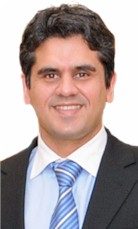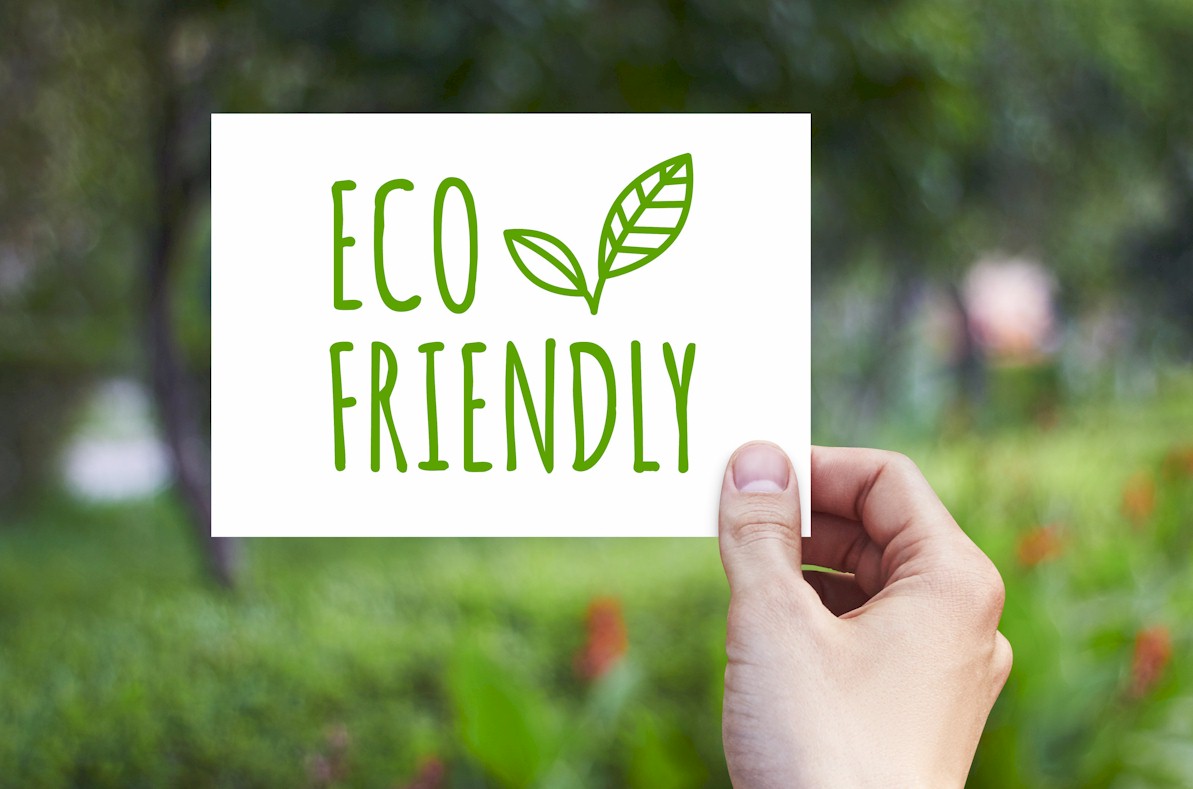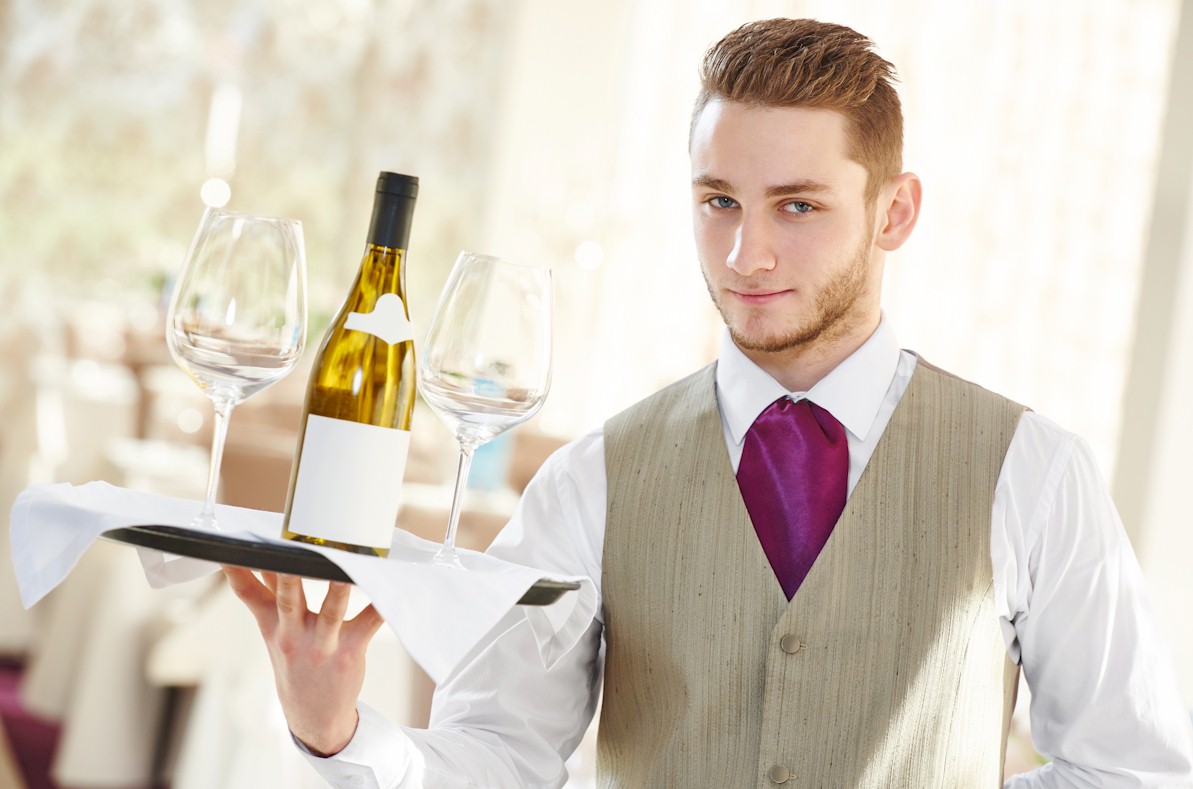
As the Hotel Spa and Wellness Movement continues to flourish, spa operations are seeking new and innovative ways to expand their menu of services to attract even more people to their facilities, and to meet guest expectations. Among many new developments, there seems to be a growing emphasis on science to define and measure the results of spa treatments. Whether it's spa, fitness, wellness or beauty services, guests are becoming increasingly careful about what they ingest, inhale or put on their skin, and they are requesting scientific data on the treatments they receive. They are open to exploring the benefits of alternative therapies - like brain fitness exercises, electro-magnetic treatments, and chromotherapy - but only if they have been validated scientifically. Similarly, some spas are integrating select medical services and procedures into their operations, continuing the convergence of hotel spas with the medical world. Parents are also increasingly concerned about the health and well-being of their children and are willing to devote time and money to overcome their poor diets, constant stress, and hours spent hunched over computer, tablet and smartphone screens. Parents are investing in wellness-centric family vacations; yoga and massage for kids; mindfulness and meditation classes; and healthy, locally sourced, organic food. For hotel spas, this trend represents a significant area for future growth. Other trends include the proliferation of Wellness Festivals which celebrate health and well-being, and position hotel spas front and center. Finally, look for the Korean beauty movement to maintain its position as a world leader in affordable, innovative, and well-marketed cosmetic products for both women and men. The July issue of the Hotel Business Review will report on these trends and developments and examine how hotel spas are integrating them into their operations.



 As the Hotel Spa and Wellness Movement continues to flourish, spa operations are seeking new and innovative ways to expand their menu of services to attract even more people to their facilities, and to meet guest expectations. Among many new developments, there seems to be a growing emphasis on science to define and measure the results of spa treatments. Whether it's spa, fitness, wellness or beauty services, guests are becoming increasingly careful about what they ingest, inhale or put on their skin, and they are requesting scientific data on the treatments they receive. They are open to exploring the benefits of alternative therapies - like brain fitness exercises, electro-magnetic treatments, and chromotherapy - but only if they have been validated scientifically. Similarly, some spas are integrating select medical services and procedures into their operations, continuing the convergence of hotel spas with the medical world. Parents are also increasingly concerned about the health and well-being of their children and are willing to devote time and money to overcome their poor diets, constant stress, and hours spent hunched over computer, tablet and smartphone screens. Parents are investing in wellness-centric family vacations; yoga and massage for kids; mindfulness and meditation classes; and healthy, locally sourced, organic food. For hotel spas, this trend represents a significant area for future growth. Other trends include the proliferation of Wellness Festivals which celebrate health and well-being, and position hotel spas front and center. Finally, look for the Korean beauty movement to maintain its position as a world leader in affordable, innovative, and well-marketed cosmetic products for both women and men. The July issue of the Hotel Business Review will report on these trends and developments and examine how hotel spas are integrating them into their operations.
As the Hotel Spa and Wellness Movement continues to flourish, spa operations are seeking new and innovative ways to expand their menu of services to attract even more people to their facilities, and to meet guest expectations. Among many new developments, there seems to be a growing emphasis on science to define and measure the results of spa treatments. Whether it's spa, fitness, wellness or beauty services, guests are becoming increasingly careful about what they ingest, inhale or put on their skin, and they are requesting scientific data on the treatments they receive. They are open to exploring the benefits of alternative therapies - like brain fitness exercises, electro-magnetic treatments, and chromotherapy - but only if they have been validated scientifically. Similarly, some spas are integrating select medical services and procedures into their operations, continuing the convergence of hotel spas with the medical world. Parents are also increasingly concerned about the health and well-being of their children and are willing to devote time and money to overcome their poor diets, constant stress, and hours spent hunched over computer, tablet and smartphone screens. Parents are investing in wellness-centric family vacations; yoga and massage for kids; mindfulness and meditation classes; and healthy, locally sourced, organic food. For hotel spas, this trend represents a significant area for future growth. Other trends include the proliferation of Wellness Festivals which celebrate health and well-being, and position hotel spas front and center. Finally, look for the Korean beauty movement to maintain its position as a world leader in affordable, innovative, and well-marketed cosmetic products for both women and men. The July issue of the Hotel Business Review will report on these trends and developments and examine how hotel spas are integrating them into their operations.

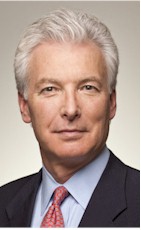



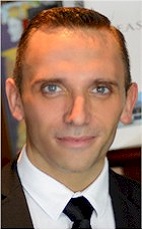


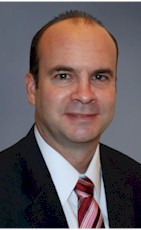


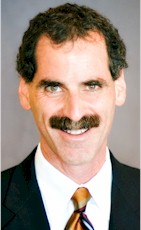




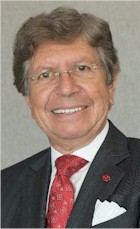




.jpeg?w=70)


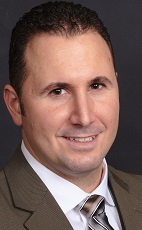

.jpg?w=70)

